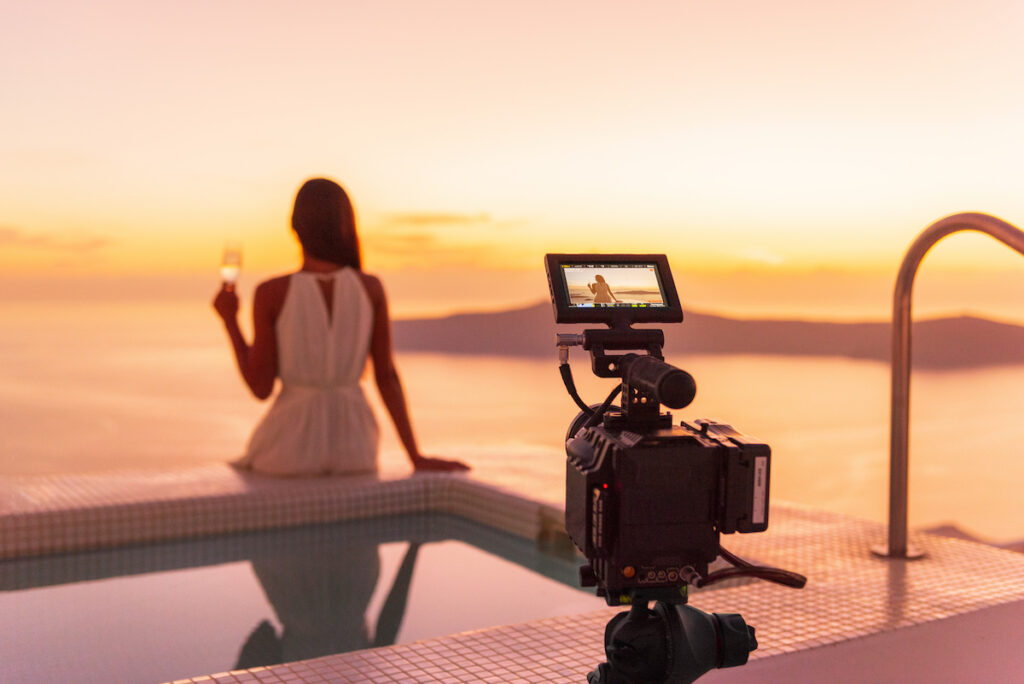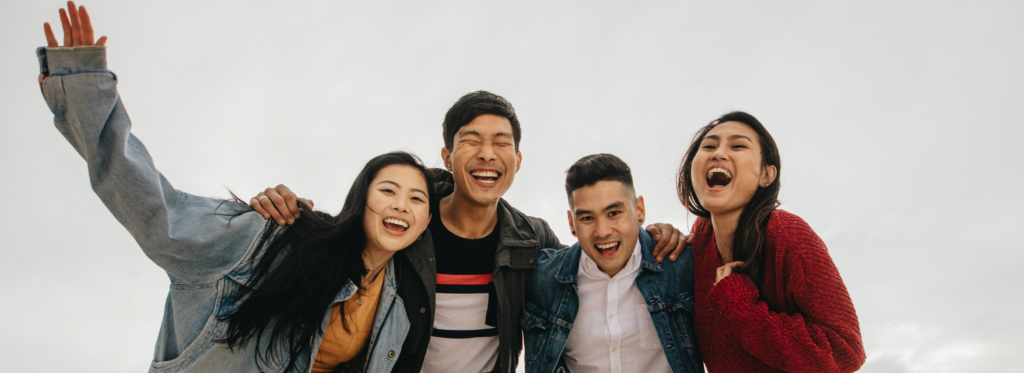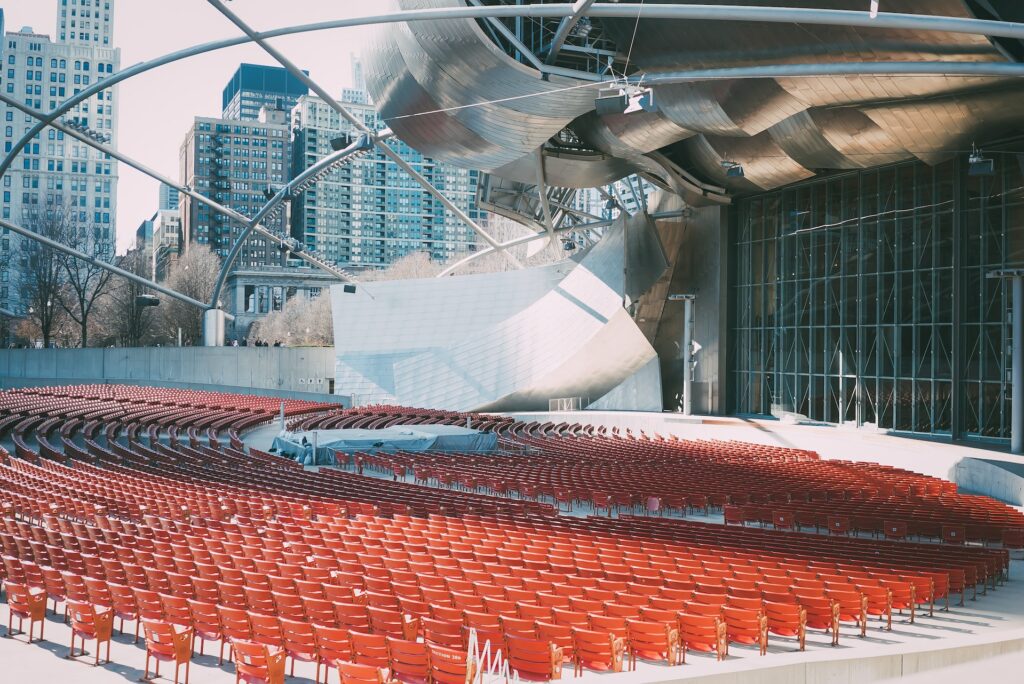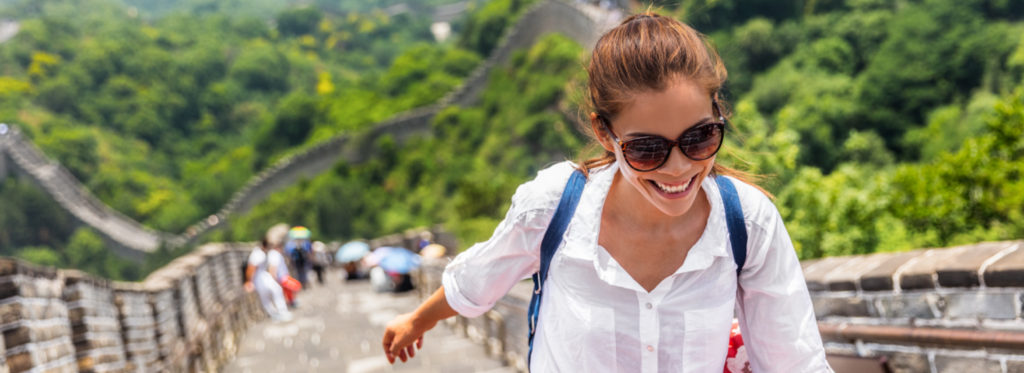How to Use Facebook to Improve Your Hotel’s Digital Marketing

By Cendyn
How to use Facebook Custom Events and Conversions
Perhaps more than ever, social media is a valuable pathway for hotels to connect directly with travelers. It’s one of the channels where hotels can nurture relationships with past guests and surface new audiences that may be eager to escape the “work from home” reality faced by many.
Social media can also be a place to waste a lot of money! Effective digital marketing has always been about results: capturing the most bookings at the best possible rates at the lowest cost. This imperative has been put into sharper focus due to the budget restraints triggered by the global pandemic. There’s simply no room for sub-optimal performance that wastes marketing spend.
That’s why you need to understand the role of Facebook’s Custom Events and Conversions within your overall digital marketing strategy. By fully leveraging the features of your existing tools, you’ll improve your hotel’s digital marketing so that you capture as much business as possible with your existing budget. Here’s what you need to know — and what you need to do right now — to optimize your spend on one of the most widely-used marketing platforms.
But first: get your Facebook Pixel
Events and conversions are a way to fully leverage your Facebook Pixel. As a refresher, the pixel is a small piece of code installed on your website that allows you to connect activity on Facebook to user behavior on your website. The pixel helps you optimize your spending on Facebook by doing key things:
- Optimizes ads – The pixel gives you visibility into user behavior so you can target (and re-target) people who have taken a specific action on your website. Your ads can also be dynamically adapted with targeted copy and creative based on each segment.
- Lowers costs – You can use the pixel to inform your automatic bidding so that you’re always reaching those that are most likely to take the action you want, such as making a booking, at the lowest cost bid.
- Measures performance – Since the pixel connects clicks to commerce, you can more precisely measure the performance of your digital marketing.
- Builds new audiences – You can segment audiences based on their behavior and use those segments to find similar “lookalike audiences.”
The Pixel delivers these benefits by tracking events and conversions on your website after someone interacts with a Facebook ad or content on your Facebook page. Armed with these insights, you can further refine your marketing strategy by better targeting your advertising and optimizing your landing pages for conversion.
How to use Facebook’s Events and Conversions
To track the behavior on your website that results from your Facebook ads (or organic content), you’ll need to define which actions you want to track. It’s similar to how you set up events and conversions on your website’s analytics tool; it’s just that these events and conversions tie directly to activity on Facebook’s platform of sites.
There are three types of events at your disposal:
- Standard events – These are shared across all of Facebook’s ad products. These predefined actions are things like completing registration, contacting your hotel, searching a product, viewing a specific web page or purchasing a product. This is all based on product IDs and categories, as defined by you in your Facebook setup. These events can be used to optimize your dynamic product ads, such as retargeting users based on past searches.
- Custom events – For anything else outside of the standard events, you can set up a custom event by adding them to your website code. You can name them anything you’d like, as long as it doesn’t overlap with a standard event. For instance, if you were looking to increase sales for a specific package, you could set a custom event to identify any user that has viewed that specific product.Other custom events could be usage of a specific promotion code, newsletter sign-ups or the effectiveness of different promotions that you’re A/B testing. Anything that’s not set as a standard event can be created as a custom event; all you have to do is name the event, add parameters with additional information about each custom event and include it on the relevant web page’s code (see below).
- Custom conversions –Whereas an event can be set up for any action on your website, a custom conversion tracks high-value activities for specific events or URLs. With custom conversions, you can segment events based on values, event types, custom information fields and other characteristics. Custom conversions require two things: a specific URL and a predefined parameter (such as cart size or other value). The URL can either be exact or based on keywords, so that any URL containing that keyword is monitored for any conversions that meet the threshold of your predefined parameter (such as a booking that’s worth over $1,000). You can also set a value for each custom conversion to add even more precision to your ROI calculations.
Once a custom conversion is set up, you can then zoom in on specific customer actions, such as customers searching for certain lengths of stay. Once Facebook receives enough data from your custom conversions, it can use that information to optimize ad delivery to those most likely to take that action — such as showing ads to people most likely to purchase extended stays.
When choosing which events to set up for your website, choose ones that matter most to your understanding of the path to purchase. For instance, if you’re noticing an uptick in cancellations, perhaps add a custom event for viewing the cancellation policy, along with a custom conversion related to a completed cancellation, to see if there’s a correlation between customers that view the policy and eventually cancel. If so, you can tweak messaging and targeting in a data-backed effort to reduce costly cancellations.
That’s just one example of how you can combine events and conversions to develop a more robust picture of your customers path-to-purchase. By setting up events along every step in their path, you can measure how well you’re doing at moving customers through to purchase — and identify the most influential touchpoints in the decision-making process for each segment.
Along with your primary website analytics, you can then improve your user experience, refine marketing messaging and optimize the conversions that have the greatest impact on revenue. Full visibility into the path to purchase is a powerful tool in improving the impact and effectiveness of your hotel’s digital marketing!
How to use your Custom Events and Conversions
Of course, these events and conversions can also be tracked in your standard analytics (as “goals”) or even via your CRM (as tags). The beauty here is that you can use these events to build dynamic segments, which you can then easily target across Facebook’s properties. That saves you a lot of time and increases the overall effectiveness of your social media marketing!
To get your creative marketing juices flowing, here are three ways that you can use Custom Events and Conversions to boost your hotel’s digital marketing.
- Segment recent newsletter subscribers – By using the “URL contains” parameter, you can segment anyone that lands on a thank you page for a newsletter subscription. Then, to amplify each newsletter that you send, you can build a dynamic campaign that automatically boost any newsletter offers on social media. This additional touchpoint builds visibility, increases engagement with subscribers and ultimately increases bookings.
- Build dynamic list of bookings – As we all know, loyalty is a powerful driver of business for hotels. With a Conversion trigger around your booking confirmation page, you can build a real-time list of bookers. This list can then be further segmented for specific advertising campaigns, as you will have a comprehensive list of bookers available right in your Facebook ad platform.
- Feed prospects into geo-targeted campaigns – Another option is to set up an event whenever someone visits a specific City page or makes a certain search on your website. By targeting and segmenting according to geo-specific keywords in your URLs, you can then augment your marketing with geo-targeted campaigns.
As you build your Custom Events and Conversions, consider how best to leverage Facebook’s many ad formats. Here’s an example: for the geo-targeted campaigns, you could build out a dynamic ad carousel that features three different properties in the user’s preferred city, with each image linking to a specific booking page. As you can imagine, this can be extremely effective — and can be put mostly on autopilot by integrating Events and Conversions into your marketing flow.
It’s certainly a lot of information to take in! But if your hotel spends a meaningful amount of money on Facebook, WhatsApp, Messenger, and/or Instagram, it’s a worthwhile investment to make. By connecting actions and conversions on your website to your Facebook investment, you’ll have a better handle on your performance and increase the return on your marketing investment.






Responses